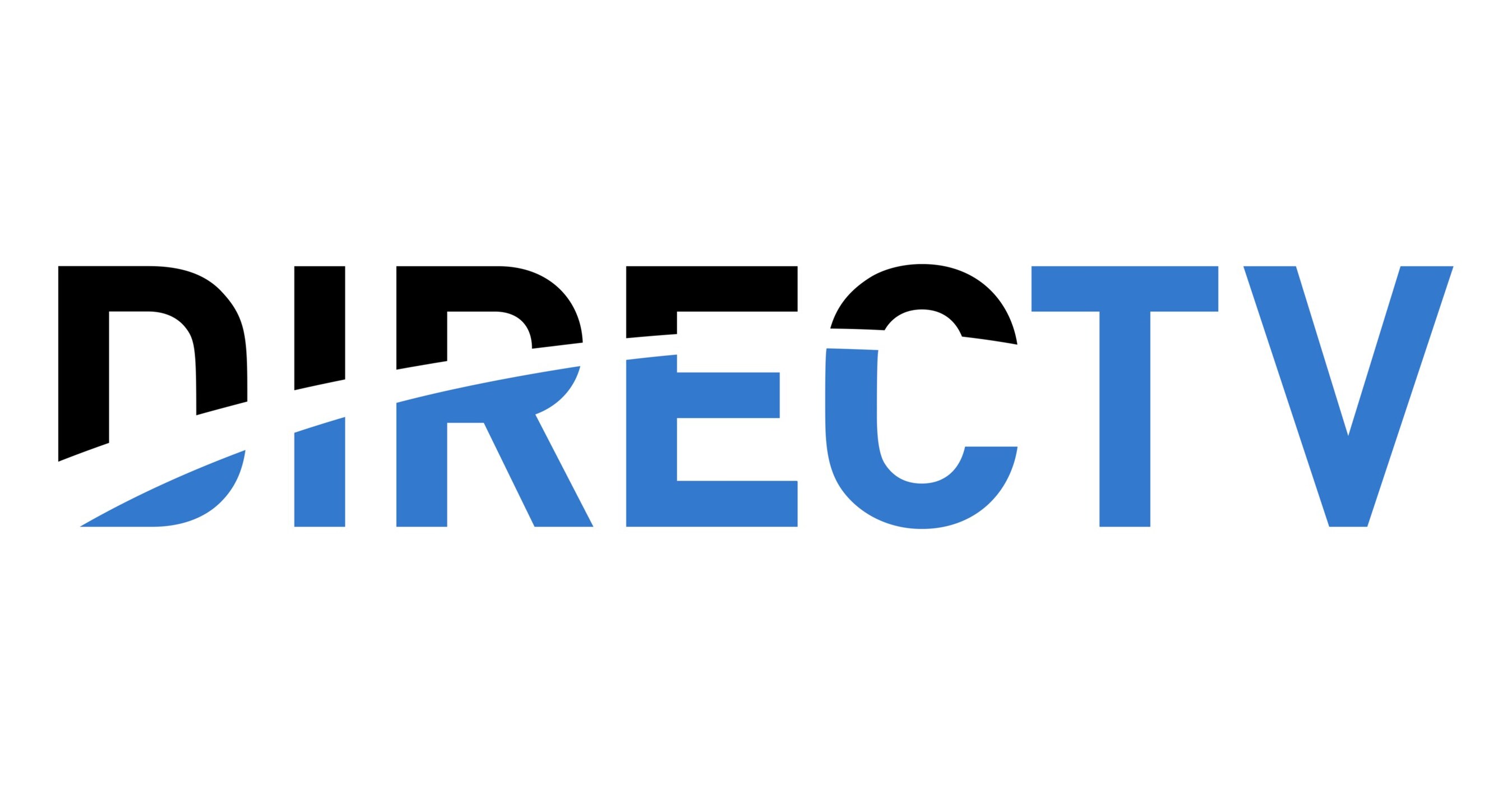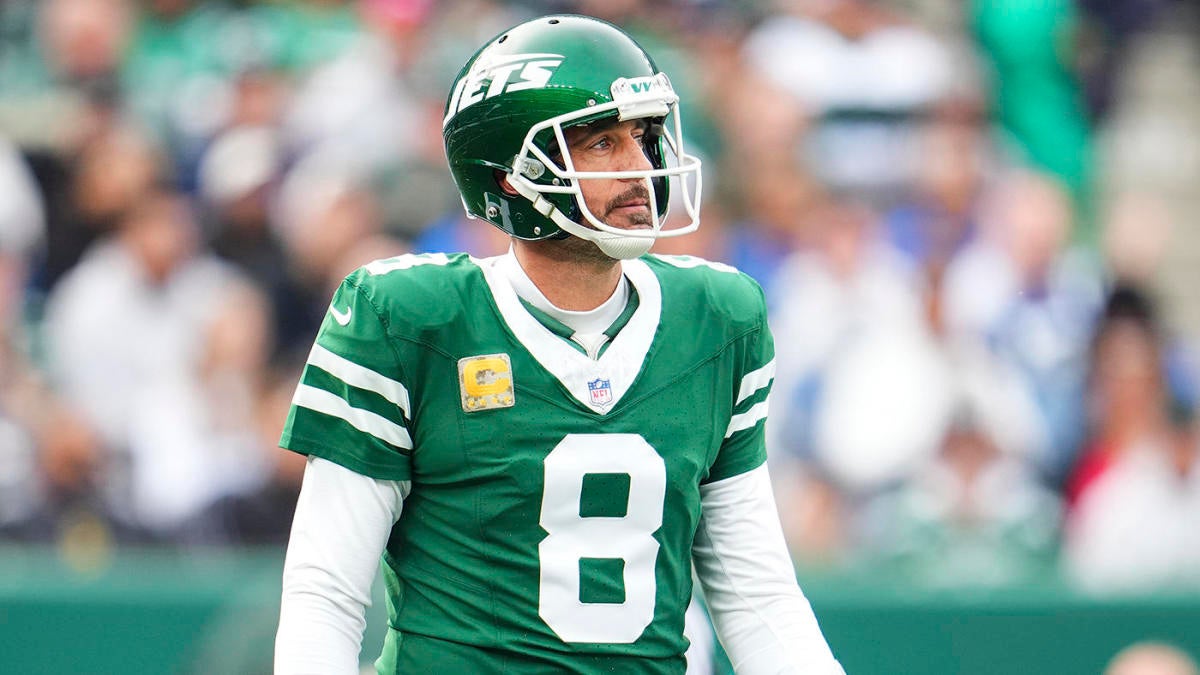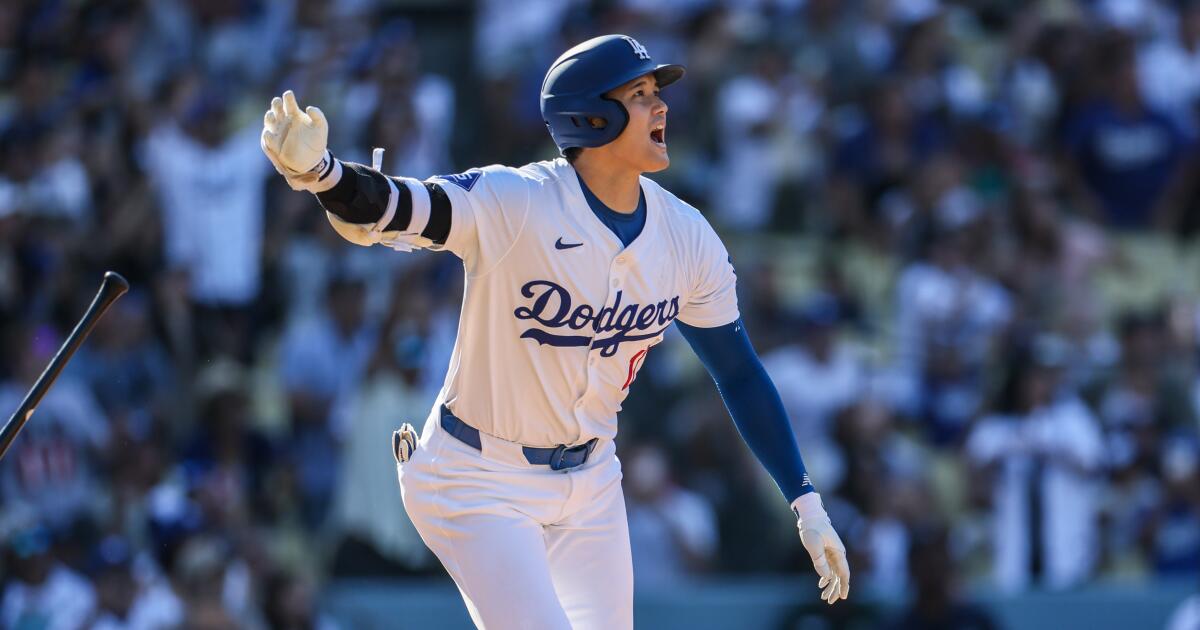Bussiness
I work on Tesla’s Autopilot team. I watch hours of customers’ driving videos every day and am monitored constantly.
This as-told-to essay is based on a conversation with a Tesla employee who spoke anonymously to protect their privacy. Business Insider has verified their identity and employment and corroborated their claims during our reporting on Tesla’s Autopilot facilities. The following has been edited for length and clarity.
I started at Tesla’s factory in Buffalo, New York in 2022. I didn’t have any automotive or manufacturing experience before I began working on the Autopilot project.
My job is to help train Tesla’s vehicles to drive themselves. A Tesla has 9 different cameras that collect data the Autopilot team goes through in order to teach the Full Self-Driving and Autopilot software how to drive like a human.
I spend hours everyday going over videos that were taken from customer cars and Tesla’s in-house test drivers. We label every little thing — from making sure a car doesn’t try to drive on the shoulder of the road to telling it how to react when a lane is closed due to construction or when there’s a four-way stop sign.
Within the program there are many different little projects that are all combined to create the greater Full Self-Driving and Autopilot experience. We work on hyper-focused projects that can last for weeks or months. For example, you could spend months labeling road lines or teaching the vehicle how to respond to different weather conditions, like how to identify snow banks and operate when there’s snow covering lane markings.
I’ve seen clips from all over the world — and some accidents as well
Sometimes Tesla’s cameras will capture accidents that happen nearby. It can be difficult to watch, but as soon as we run across one, we flag it to a supervisor.
When I first started at Tesla, it was common for people to share clips around the office, usually just odd things they saw. But, one worker took it too far. He shared a clip of a little boy who’d been hit by a Tesla while riding his bike. I thought that was sadistic.
Tesla cracked down on image sharing and what we could access after Reuters published a story on it. They essentially told us “If you’re caught once, that’s your ticket out the door.”
After that, you couldn’t access images outside of your allocated team folder anymore, and Tesla put watermarks on some of the images so you could easily tell where it came from, if it was redistributed. Sometimes people still pass images around the office, especially if it’s something out of the ordinary, but it doesn’t happen as often.
There is something very strange about having this very intimate view into someone’s life. It feels odd to see someone’s daily drive, but it’s also an important part of correcting and refining the program.
At the same time, we’re under our own microscope
Anytime we’re making key clicks on the computer, Tesla knows what we’re doing. There are cameras basically everywhere we work so the only place you can really get any privacy is in the bathroom.
We review about five and a half to six hours of footage per day. It can be very hard to focus. You can get in this kind of fog when you’re just watching clip after clip and it can be difficult to keep yourself sane.
Tesla gives us a 15-minute break and a 30-minute lunch break, but you have to time it perfectly because of Tesla’s employee monitoring software: Flide Time. It tracks keystrokes and how long we’re working on the images, which can make it tricky. To properly label some of the clips you have to use outside resources. So you’ll have to go out of the labeling system to review traffic laws or Tesla’s labeling policies, but anytime you’re not clicking around in the software program, it tracks you as if you aren’t working and it basically sets off an alarm to your superiors.
If you don’t hit Flide Time — even if you were five minutes off — the next day, you will end up in a disciplinary meeting with a team lead and you’d get a point put against your record. You could be fired, if you get three points in the span of six months.
I’ve gotten in trouble for missing Flide Time. They bring you into a separate office and ask: “Why didn’t you make any changes to the software program for 15 minutes?” You could basically get fired for spending too long in the bathroom.
There’s definitely a feeling that we’re just worker ants.
When we had concerns they were often brushed off. There were some times we were told to ignore “No Turn on Red” or “No U-Turn” signs. Those were the kind of things that made me and my coworkers uncomfortable. In some cases, they would hear us out, but other times the general response was along the lines of “Mind your business and your pay grade.”
My experience at Tesla has been different than I’d thought it would be when I started. I thought it would be a great opportunity for my career, but now I view it as this dystopian company.
A spokesperson for Tesla did not respond to a request for comment.
Do you work for Tesla or have a tip? Reach out to the reporter via a non-work email and device at gkay@businessinsider.com or 248-894-6012.








